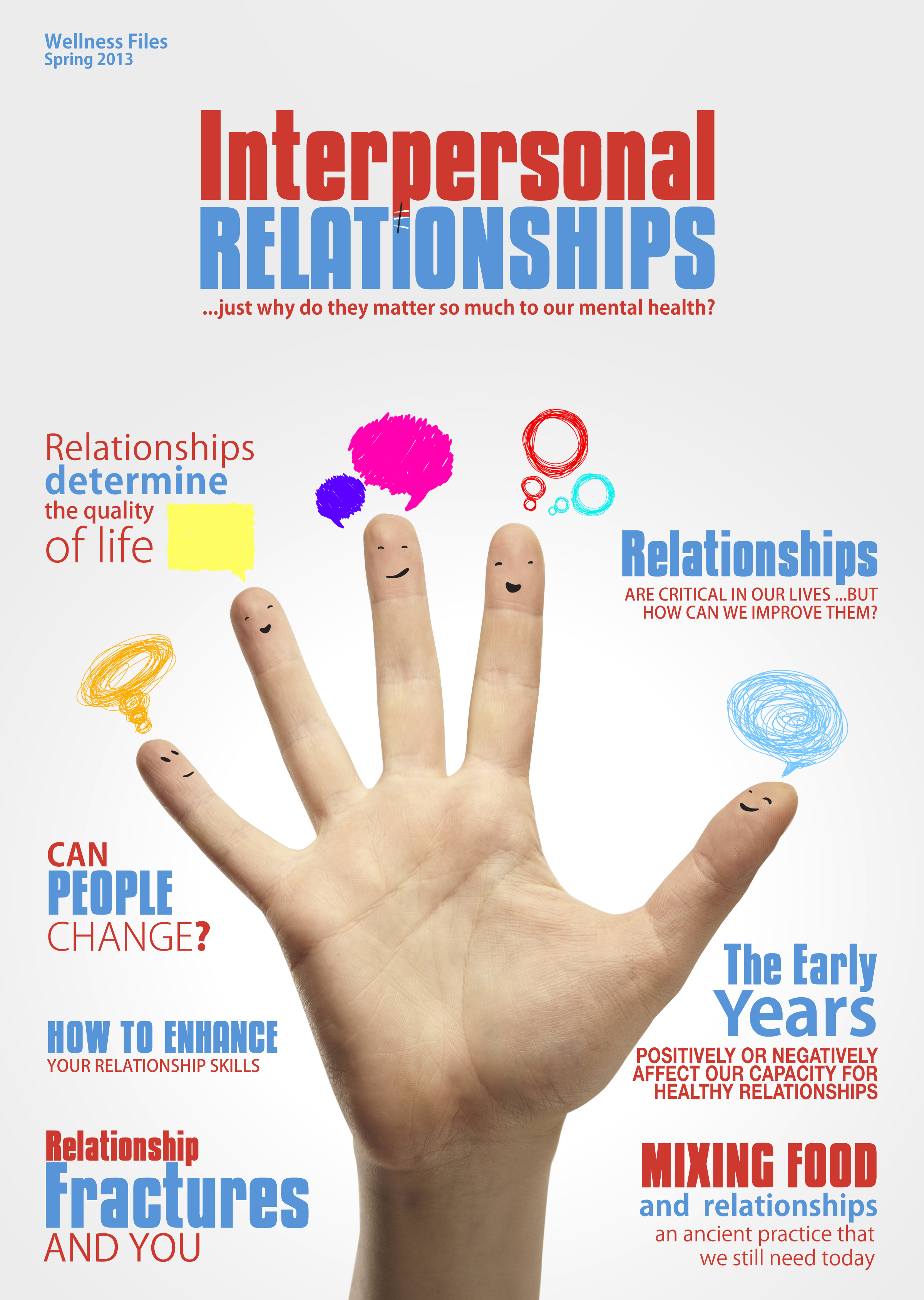Building Strong Relationships: The Ultimate Guide To Nurturing Lasting Bonds
Let's talk about relationships, baby! We’re not just talking about the romantic kind, but every connection that matters in your life. Whether it's family, friends, or that special someone, relationships are the backbone of our existence. They shape who we are and influence how we navigate the world. But here’s the thing—relationships don’t just happen magically. They take effort, understanding, and a whole lot of patience.
Think about it this way: relationships are like plants. You can’t just stick them in the ground and expect them to flourish. Nope, you gotta water ‘em, give ‘em sunlight, and maybe even talk to ‘em a little. Okay, maybe not the talking part, but you get the idea. The point is, relationships require care and attention if you want them to last.
And hey, if you’re reading this, chances are you’re here because you want to level up your relationship game. Whether you’re trying to fix a rocky friendship or strengthen that bond with your partner, you’re in the right place. This article is packed with insights, tips, and strategies to help you build and maintain strong, meaningful relationships. So, buckle up, grab a snack, and let’s dive in!
But before we get started, here’s a quick table of contents to help you navigate through this relationship journey:
- Understanding Relationships
- Key Elements of Strong Relationships
- Communication: The Heartbeat of Relationships
- Building Trust: The Foundation of Every Bond
- Conflict Resolution: Turning Challenges into Growth
- Emotional Intelligence: The Secret Ingredient
- Time Management: Making Time for What Matters
- Self-Care: Loving Yourself First
- Navigating Long-Distance Relationships
- Modern Relationships: Adapting to the Digital Age
Understanding Relationships
Alright, let’s start with the basics. What exactly are relationships? At their core, relationships are connections between people. They can be romantic, platonic, familial, or even professional. But no matter the type, they all share one common goal: to create a sense of belonging and support.
Here’s the kicker, though. Relationships aren’t just about spending time together. They’re about building a connection that goes deeper than surface-level interactions. It’s about understanding each other’s quirks, supporting each other through tough times, and celebrating the little victories.
And let’s not forget, relationships aren’t always easy. They come with their fair share of ups and downs. But that’s what makes them so rewarding. When you put in the work, the payoff is worth it. So, whether you’re just starting out or looking to revamp an existing relationship, understanding the dynamics is key.
Types of Relationships
Now, let’s break it down a little further. There are several types of relationships, each with its own unique characteristics. Here’s a quick rundown:
- Romantic Relationships: Think partner, spouse, or significant other. These are the ones where you share a deep emotional and physical connection.
- Friendships: Your go-to people. The ones you can call at 2 AM when life gets crazy. Friendships come in all shapes and sizes, from besties to casual acquaintances.
- Family Relationships: Blood is thicker than water, right? Family relationships can be complex, but they’re often the most enduring.
- Professional Relationships: Colleagues, mentors, and business partners. These relationships are built on mutual respect and shared goals.
Each type of relationship requires a different approach, but the principles remain the same: communication, trust, and care.
Key Elements of Strong Relationships
So, what makes a relationship strong? It’s not just about love or liking someone. There are key elements that form the foundation of any lasting bond. Let’s take a look at some of them:
Honesty
Honesty is the cornerstone of any good relationship. It’s about being truthful, even when it’s hard. Sure, it might be tempting to sugarcoat things or avoid confrontation, but in the long run, honesty builds trust. When you’re honest with someone, you show them that you respect them enough to be real.
Respect
Respect goes hand in hand with honesty. It’s about valuing each other’s opinions, boundaries, and feelings. In a healthy relationship, both parties feel respected and appreciated. Without respect, it’s hard to build a meaningful connection.
Support
Support is all about being there for each other, through thick and thin. Whether it’s helping your partner through a tough day at work or cheering on your friend during a big milestone, support is what keeps relationships strong. It’s about showing up and being present, even when life gets busy.
And let’s not forget, these elements aren’t just for romantic relationships. They apply to all types of connections, from family to friends to professional relationships.
Communication: The Heartbeat of Relationships
If there’s one thing that makes or breaks a relationship, it’s communication. Think about it. How many times have you misunderstood someone because they didn’t express themselves clearly? Or how often have you felt frustrated because you couldn’t get your point across? Communication is the key to resolving these issues.
Effective communication involves more than just talking. It’s about listening, understanding, and responding in a way that shows you care. Here are a few tips to improve your communication skills:
- Practice active listening. This means really paying attention to what the other person is saying, without interrupting or planning your response while they’re still talking.
- Use “I” statements instead of “you” statements. For example, say “I feel hurt when…” instead of “You always hurt me.” This reduces defensiveness and encourages open dialogue.
- Be clear and concise. Avoid beating around the bush. If you have something to say, say it directly but kindly.
Remember, communication is a two-way street. It’s not just about expressing yourself; it’s about hearing the other person out as well.
Non-Verbal Communication
And hey, don’t forget about non-verbal communication. Sometimes, it’s not what you say, but how you say it. Body language, facial expressions, and tone of voice can convey just as much, if not more, than words. So, pay attention to your non-verbal cues and make sure they align with what you’re trying to communicate.
Building Trust: The Foundation of Every Bond
Trust is the glue that holds relationships together. Without it, even the strongest bond can crumble. But trust isn’t something that happens overnight. It’s built over time through consistent actions and behaviors.
Here are a few ways to build trust in your relationships:
- Be reliable. Do what you say you’re going to do. If you promise to be there for someone, show up.
- Keep your promises. Whether it’s a big commitment or a small favor, follow through on your word.
- Be vulnerable. Share your thoughts and feelings with the other person. Vulnerability builds intimacy and strengthens trust.
And when trust is broken, it’s not the end of the world. With effort and communication, it’s possible to rebuild it. But it takes time, patience, and a willingness to forgive.
Rebuilding Trust
Rebuilding trust isn’t easy, but it’s definitely possible. The first step is acknowledging the breach and taking responsibility for your actions. From there, it’s about making consistent efforts to show the other person that you’re committed to change. It’s a process, but one that’s worth it in the end.
Conflict Resolution: Turning Challenges into Growth
No relationship is perfect. Disagreements and conflicts are bound to happen. But here’s the thing: conflict isn’t necessarily a bad thing. When handled properly, it can actually strengthen your bond. The key is in how you approach it.
Here are a few strategies for resolving conflicts:
- Stay calm. It’s hard to have a productive conversation when emotions are running high. Take a break if you need to, and come back when you’re both ready to talk.
- Focus on the issue, not the person. Avoid personal attacks and stick to the topic at hand.
- Look for a compromise. Sometimes, meeting in the middle is the best solution for both parties.
Remember, conflict resolution isn’t about winning or losing. It’s about finding a solution that works for everyone involved.
The Importance of Forgiveness
Forgiveness is a crucial part of conflict resolution. Holding onto grudges only hurts you in the long run. When you forgive someone, you free yourself from the weight of resentment and anger. It’s not always easy, but it’s necessary for maintaining healthy relationships.
Emotional Intelligence: The Secret Ingredient
Emotional intelligence (EI) is the ability to recognize, understand, and manage your own emotions, as well as the emotions of others. It’s a key factor in building strong relationships. People with high EI are better at communicating, empathizing, and resolving conflicts.
Here’s how you can improve your emotional intelligence:
- Practice self-awareness. Pay attention to your emotions and how they affect your behavior.
- Develop empathy. Try to see things from the other person’s perspective.
- Learn to regulate your emotions. Instead of reacting impulsively, take a moment to process your feelings before responding.
Emotional intelligence isn’t something you’re born with. It’s a skill that can be developed over time with practice and patience.
Time Management: Making Time for What Matters
We all lead busy lives, and sometimes, relationships can take a backseat. But here’s the thing: if you don’t make time for the people who matter, you risk losing them. Time management is about prioritizing what’s important and making time for the things that truly matter.
Here are a few tips for managing your time effectively:
- Set boundaries. Learn to say no to things that don’t align with your priorities.
- Create a schedule. Block out time in your calendar for the people and activities that matter most.
- Be present. When you’re with someone, give them your full attention. Put away your phone and be in the moment.
Remember, time is a precious resource. How you spend it says a lot about what you value.
Self-Care: Loving Yourself First
Before you can love others, you have to love yourself. Self-care isn’t just about bubble baths and face masks (although those are great too). It’s about taking care of your physical, emotional, and mental well-being. When you take care of yourself, you’re better equipped to handle the challenges of relationships.
Here’s how you can practice self-care:
- Get enough sleep. Rest is crucial for maintaining your energy and focus.
- Exercise regularly. Physical activity boosts your mood and reduces stress.
- Practice mindfulness. Take a few minutes each day to breathe and center yourself.
Self-care isn’t selfish. It’s necessary for maintaining healthy relationships. When you’re at your best, you can show up fully for the people you care about.
Navigating Long-Distance Relationships
Long-distance relationships come with their own set of challenges. Being apart can make it hard to maintain that connection, but with effort and creativity, it’s possible to keep the spark alive. Here are a few tips for making long-distance work:
- Set expectations. Talk about how often you’ll communicate and what works best for both of you.
- Plan visits. Having something to look forward to can help keep the relationship strong.
- Stay connected. Use technology to stay in touch, whether it’s through video calls, texting, or social media.
Long-distance relationships require extra effort, but they can be just as fulfilling as any other type of relationship.
Modern Relationships: Adapting to
Ava Lauren: A Rising Star In The Spotlight
Prom Hub: Your Ultimate Guide To Finding The Perfect Prom Experience
Alex Wagner Illness: The Untold Story Behind Her Health Challenges

Wellness Factors Interpersonal Relationships

Family Relationships English ESL worksheets pdf & doc

Sustaining Networking Relationships Executive Support Magazine